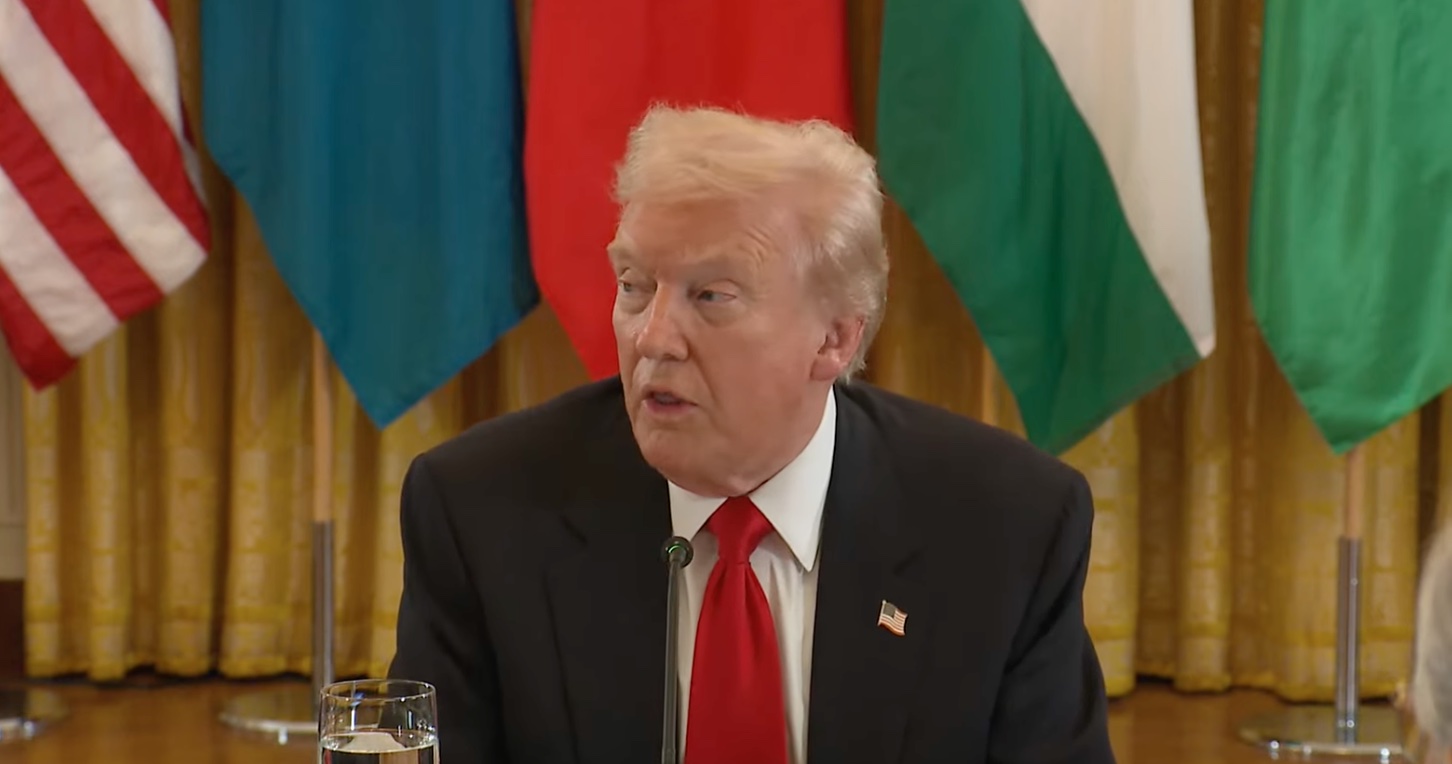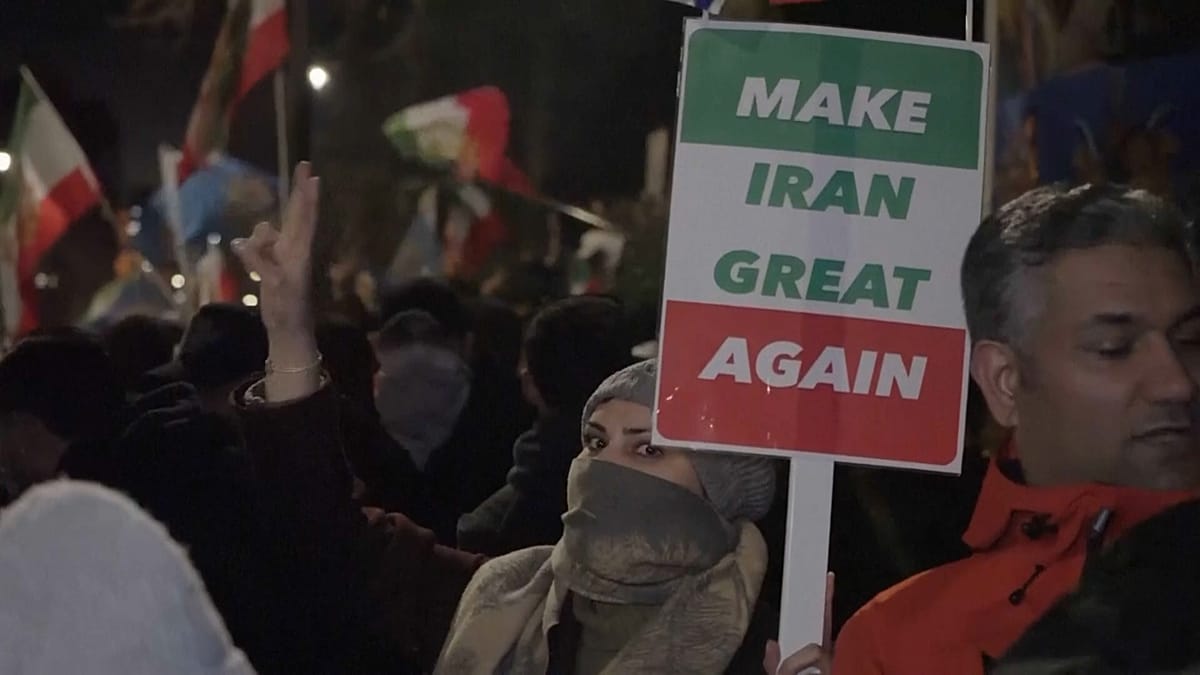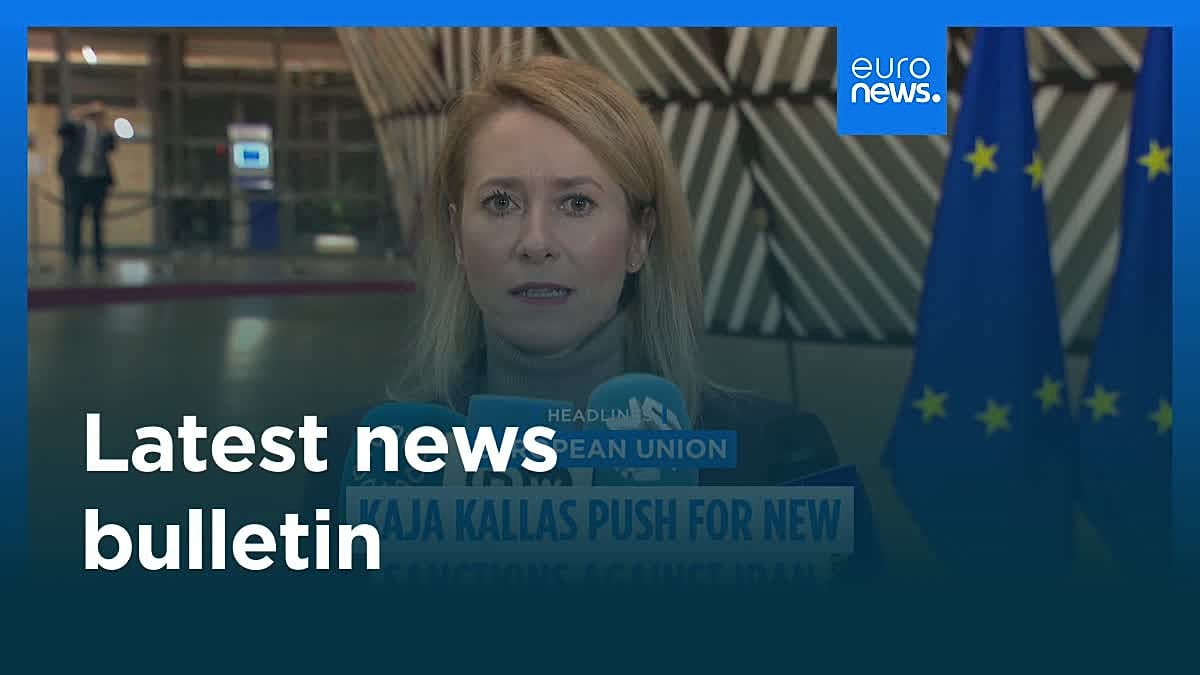Daniel Ek’s Second Act: After Spotify, What Comes Next for Europe’s Reluctant Visionary?


When Daniel Ek quietly announced he was stepping down as CEO of Spotify, the reaction was a mix of shock and inevitability. After all, he had spent almost two decades steering the platform he co-founded with Martin Lorentzon from a scrappy Stockholm startup to a $140 billion music streaming empire.
One founder put it bluntly when I asked about the move: “It has been a long time coming, no?”
The Long Game
Back in 2008, Spotify’s survival was far from guaranteed. Piracy dominated, the labels were hostile, and few outside Sweden believed a subscription-based streaming model could work. Yet Ek, with his shaved head and hoodie uniform, quietly convinced the world otherwise.
Nearly twenty years later, Spotify is no longer a fragile upstart — it is infrastructure. For millions, it is the default way to consume music. For artists, love it or loathe it, it is unavoidable. And for Europe, it is proof that the continent could build a tech company of global consequence.
The “Spotify Mafia”
Ek’s influence stretches well beyond the green-and-black app. Just as PayPal spawned Silicon Valley’s famed “PayPal Mafia,” Spotify has seeded a generation of founders, investors, and builders across Europe.
-
Sophia Bendz, once Spotify’s marketing chief, is now a partner at Cherry Ventures, writing early-stage checks into Europe’s most ambitious startups.
-
Henrik Landgren, a former analytics VP, co-founded fintech player Gilion.
-
Henrik Torstensson, another early Spotify exec, went on to build health app Lifesum.
Together, they form a network with influence rippling across the European tech scene. Call it the Spotify effect: a culture of scaling fast, thinking globally, and building teams that punch above their weight.
Beyond the Music
Ek, though, has never seemed content to stop at streaming. In 2020, he pledged €1 billion of his personal fortune toward what he called “moonshot” projects — bets that would aim higher, risk bigger, and potentially solve problems far beyond entertainment.
Since then, he’s been busy:
-
Neko Health, his co-founded body-scanning startup, is reinventing preventive healthcare.
-
Helsing, a defense company he’s backed, is building AI tools for European security.
-
Through Prima Materia, his investment firm, he’s funneled capital into frontier technology ventures.
-
He’s even an LP in High Tor Capital, a UK-based defense VC.
These are not side hobbies. They are signals of where Ek’s restless energy is now directed: toward healthtech, defense, and the deep tech bets he believes Europe must make if it wants to remain competitive.
What Happens Now?
Spotify will march on without him — it is too large, too embedded, to falter overnight. But Ek’s departure marks a turning point. He leaves behind not just a company, but an ecosystem: a Europe that, thanks in part to Spotify, believes it can produce its own giants.
As for Ek himself? Those who know him best don’t expect him to disappear. “I think he’ll do exactly what he’s doing now, only with more time away from Spotify,” another founder told me.
That likely means doubling down on the kinds of ventures that keep him awake at night: technologies with the potential to change how societies work, from healthcare diagnostics to AI-powered defense.
Legacy in Motion
Daniel Ek has always been a reluctant public figure. He rarely courts the limelight and often lets others take the stage. But his legacy is already monumental. He changed how the world listens to music. He created Europe’s most valuable consumer tech company. He sparked an alumni network shaping the continent’s startup future.
Now, with Spotify in the rear-view mirror, Ek has the freedom to write his second act. If history is any guide, it won’t be small, it won’t be safe, and it almost certainly won’t be boring.
The post Daniel Ek’s Second Act: After Spotify, What Comes Next for Europe’s Reluctant Visionary? appeared first on European Business & Finance Magazine.














































